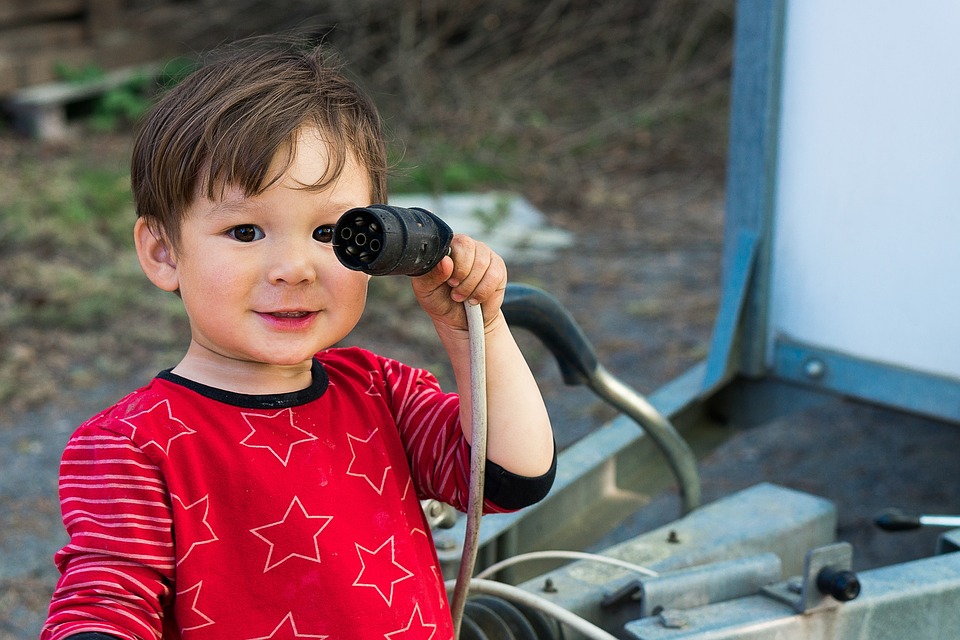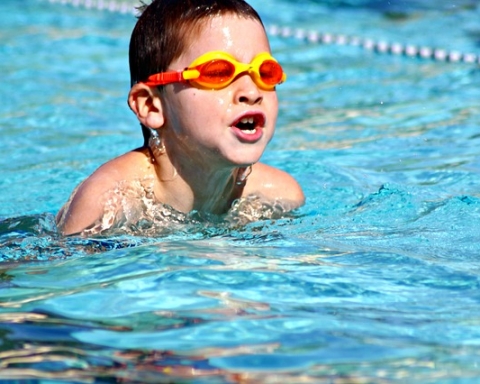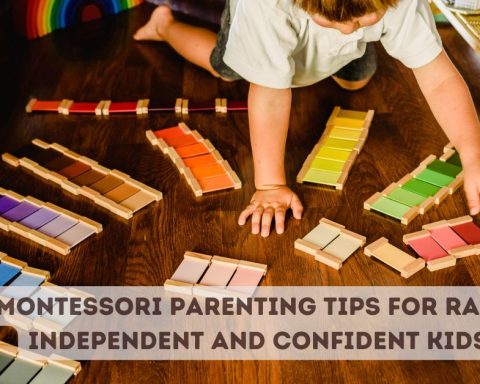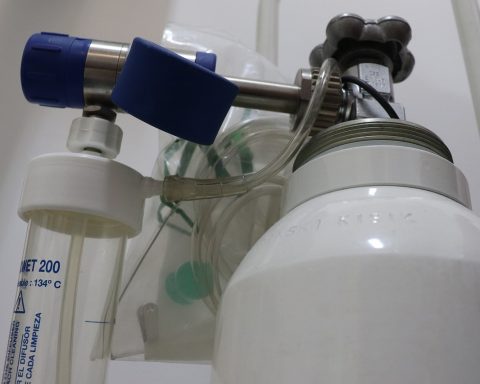Does your toddler have trouble sitting still? Is your toddler always bursting with energy? Most mothers would say yes.
Parenting with love and limits is not easy. Once babies learn to walk, they literally and figuratively become unstoppable. They jump, run around, and get into everything. Often, they won’t sit still for more than a few minutes, and it is futile to ask them to calm down. However, it isn’t right to label every child as hyperactive or to always resort to medications.
One study points out that “combining situational and pervasive hyperactivity into a single diagnostic category such as Attentional Deficit Disorder with Hyperactivity (ADDH)” is intrinsically wrong. Another study observes that when subjected to prolonged stress, even individuals without ADHD “temporarily take on many of the characteristic patterns of ADHD.”
Is It Normal for My Toddler to Be So Active All the Time?
Overactive behavior is quite normal for toddlers. Actions like running, jumping, climbing, twirling, and dashing around, are the result of the child’s nerve motor impulses. The frontal lobes in toddlers are still developing, so their motor impulses run uninhibited.
In particular, a neurotransmitter called dopamine is still forming in a toddler’s high brain, so toddlers are prone to overactive impulses and behavior. As the brain develops, a control mechanism begins to take root, and children eventually learn to better control their impulses and to adequately respond to adults’ expectations and instructions.
How to Deal with Hyperactivity
Parents cannot really control their toddler’s hyperactivity at this stage, but this doesn’t mean that they shouldn’t attempt to implement a few rules and limits. Hyperactivity can physically hurt the toddler or others if the parents don’t assert some control. Parenting with love and limits will help parents develop a successful behavioral model.

Of course, parents can’t expect their overactive toddler to understand or comply with every instruction, but there are certain things parents can do to calm down their toddler, including:
Channel Your Toddler’s Energies
Toddlers need to run and jump around a lot in order to burn off their extra energy; otherwise, they can feel quite ill and out of sorts. Parents should help them find activities that keep them physically active and relax their minds. For example, install an indoor swing, a playhouse, or a pool filled with rubber balls so that the child can run, jump, and play.
Apart from physically rigorous activities, try to incorporate some silent and intuitive activities into the toddler’s routine, such as looking at a picture book, reading poems, and listening to music. A toddler’s activities should be a mix of both.
Take Your Toddler Outside
There is a lot of debate about screen time. One way to counter a child’s amount of screen time is to incorporate plenty of “green time” into the toddler’s routine. In other words, children need to go outside. Go to a park, walk around the neighborhood, or take a stroll around the block.
Nature and sunlight have a therapeutic effect on a hyperactive child’s brain. It lessens the child’s agitation and fatigue. Research “conducted among non-ADHD populations has shown that ‘symptoms’ of ADHD—inattention and impulsivity—are reduced after exposure to natural views and settings.”
Be Realistic and Be Prepared
For some parents, trips with their toddlers like dining out, grocery shopping, and vacationing can be overwhelming. It is practically impossible for parents to contain the child’s limitless energy and get all the errands done in an incident-free way.
Parents need to lower their expectations and cut down their to-do list for each outing. Parents can also take the toddler’s favorite toys and games to restaurants and on the plane to keep him or her busy.
Most toddlers tend to outgrow hyperactivity once they start school. But if the child’s energy level is affecting his or her studies and relationships with peers, then talk to a pediatrician. Parenting with love and limits helps parents recognize problems and seek solutions for them.
References:
- Goodman, Robert, and Jim Stevenson. “A Twin Study of Hyperactivity—I. An Examination of Hyperactivity Scores and Categories Derived from Rutter Teacher and Parent Questionnaires.” Journal of Child Psychology and Psychiatry 30, no. 5 (1989): 671–689. Retrieved from http://onlinelibrary.wiley.com
- Kuo, Frances E., and Andrea Faber Taylor. “A Potential Natural Treatment for Attention-Deficit/Hyperactivity Disorder: Evidence from a National Study.” American Journal of Public Health 94, no. 9 (2004): 1580–1586. Retrieved from https://www.ncbi.nlm.nih.gov








